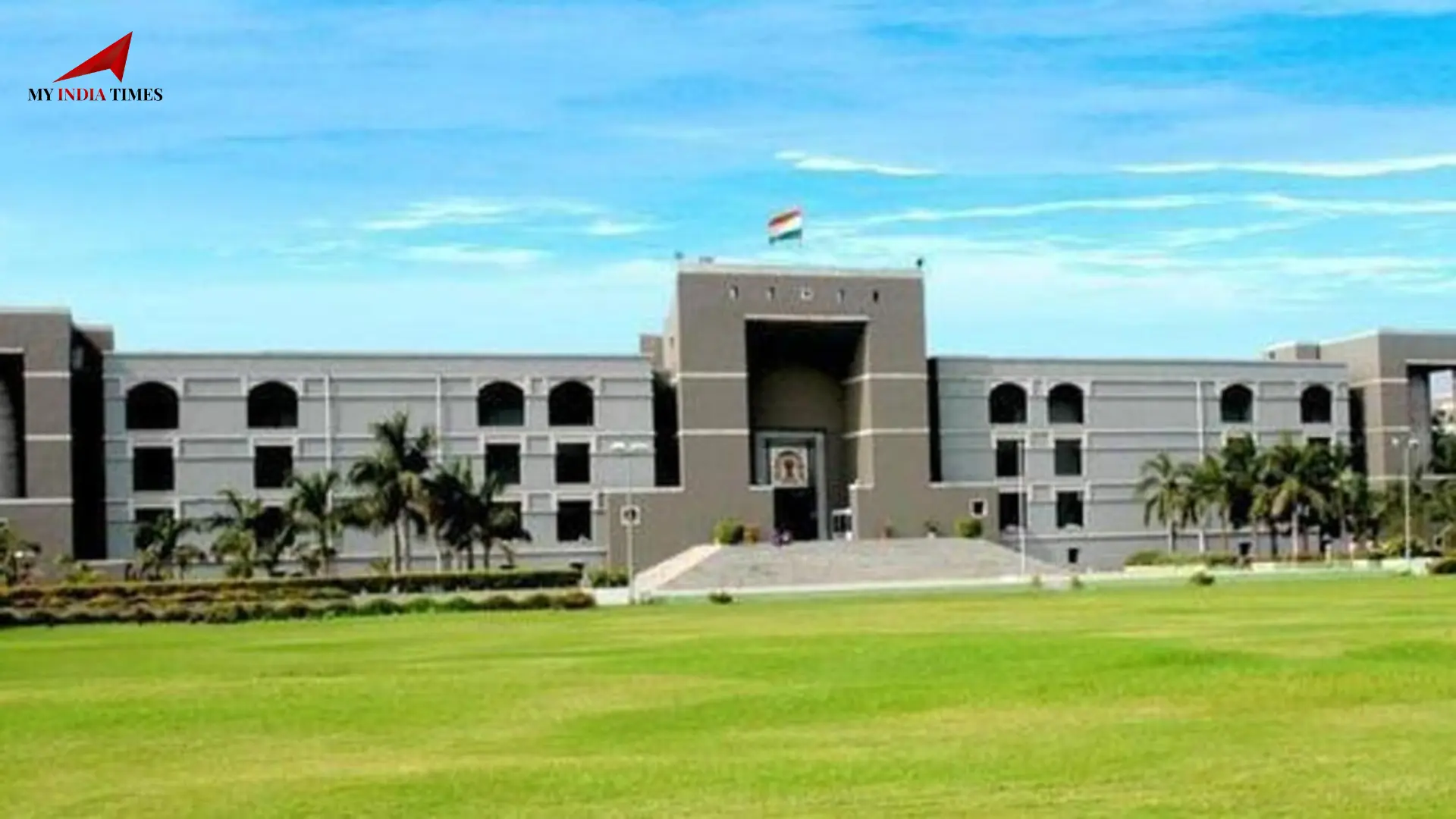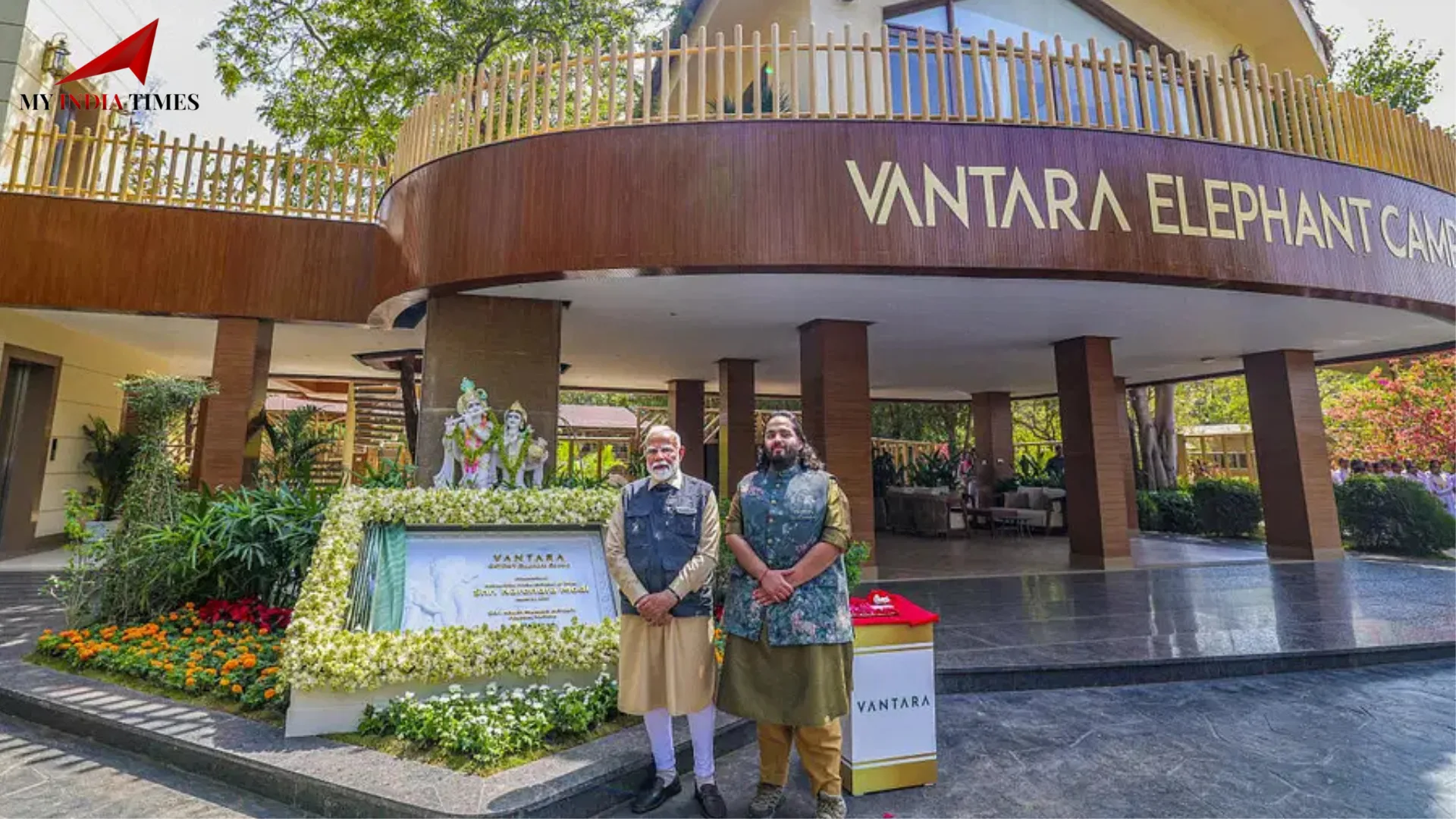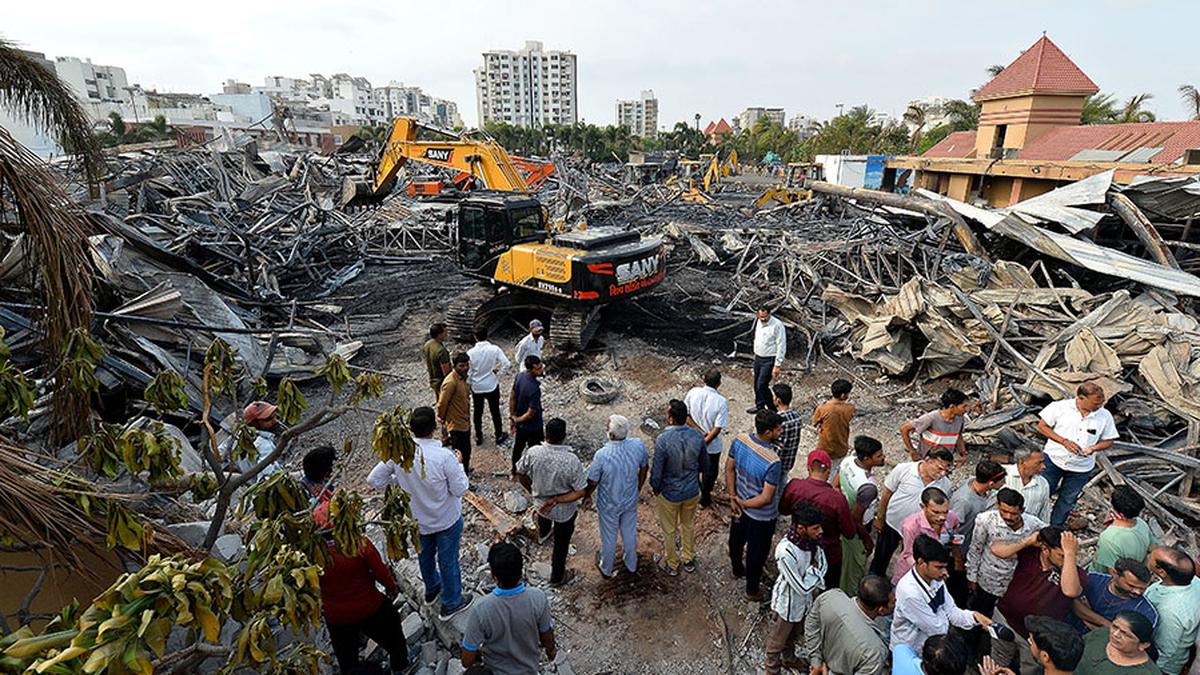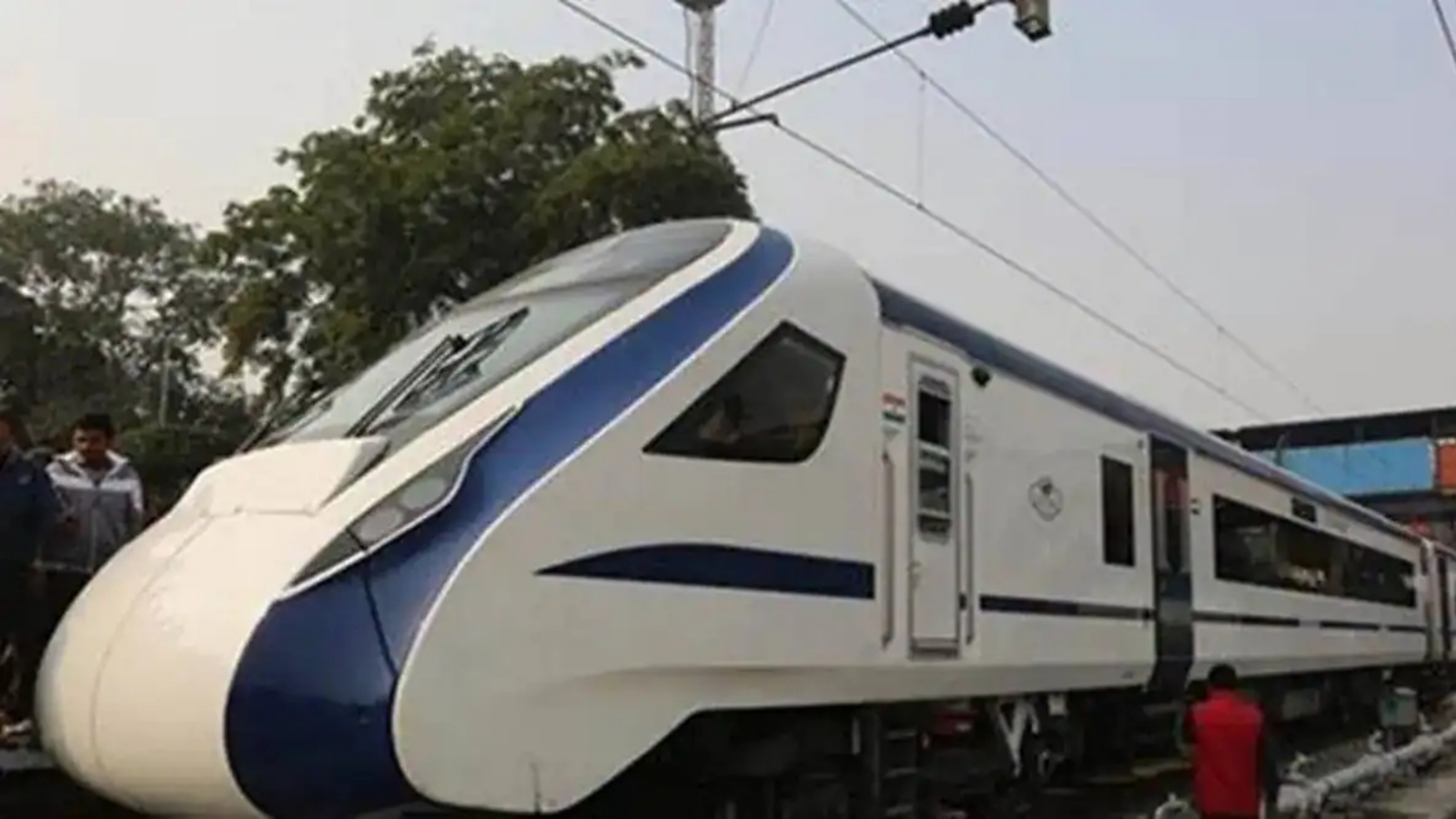Home / gujarat / Ahmedabad Serial Blast Case: Gujarat High Court to Conduct Daily Hearings on Death Sentence Confirmation of 38 Convicts
Ahmedabad Serial Blast Case: Gujarat High Court to Conduct Daily Hearings on Death Sentence Confirmation of 38 Convicts
By: My India Times
3 minutes read 49Updated At: 2025-03-05

The Gujarat High Court has decided to hold daily hearings for the confirmation of the death sentences of 38 convicts in the 2008 Ahmedabad serial blasts case. The case, which shocked the nation, including Gujarat, is being heard by a division bench comprising Justice A.Y. Kogje and Justice Sameer J. Dave. This decision aims to ensure a swift and thorough judicial process for this highly sensitive and crucial matter.
Ahmedabad Blast Case Moves to Daily Hearings for Speedy Justice
The confirmation case of the 38 convicts sentenced to death in the 2008 Ahmedabad serial blasts will now be heard on a day-to-day basis. This directive has been implemented to ensure a fast and effective hearing of the case, which has been pending for years. The High Court, considering the gravity and importance of the matter, has categorized the hearing as "part heard," meaning it will remain under the jurisdiction of this particular bench until the final verdict is reached.
This move underscores the judicial system's commitment to delivering justice in a timely manner, particularly in cases that have significant legal, social, and national implications. The daily hearings will help expedite the process and ensure that every aspect of the case is examined meticulously.
Chronology of the 2008 Ahmedabad Serial Blasts – A Dark Day in History
On July 26, 2008, a series of deadly blasts shook Ahmedabad, leaving 56 people dead and over 250 injured. The bombs, strategically planted in public spaces, including buses, bicycles, and cars, targeted high-footfall areas such as Civil Hospital in Asarwa and L.G. Hospital in Maninagar. The coordinated attacks sent shockwaves across the nation, highlighting the grim reality of terror threats in India.
Following extensive investigations, multiple arrests were made, leading to a prolonged legal battle. On February 18, 2022, a special designated court sentenced 38 accused to death, marking one of the largest death penalties ever handed in a single case. In addition, 11 other accused were sentenced to life imprisonment for their role in the attacks.
High Court Imposes Ban on Live Streaming of Proceedings
Given the sensitivity and national importance of the case, the Gujarat High Court has imposed a ban on live streaming of the proceedings. This decision was taken to ensure a fair and unbiased judicial process while preventing any external influence or misuse of court proceedings.
The court has also decided to conduct hearings on bail applications filed by two of the accused, along with discussions on sentence suspension requests. Additionally, important evidence is being read out during hearings, ensuring every detail is meticulously reviewed before final decisions are made.
Legal and Social Implications of the High Court’s Verdict
The ongoing confirmation of death sentences by the Gujarat High Court carries significant legal and social implications. The verdict will not only determine the fate of the 38 convicts but will also serve as a precedent for future terrorism-related cases in India. The case's outcome will shape discussions around counter-terrorism measures, legal processes, and the judicial system’s approach to handling high-profile criminal cases.
As the court proceedings progress, all eyes remain on the Gujarat High Court, awaiting a landmark judgment that will bring closure to one of the most devastating terror attacks in India’s history. The government, legal experts, and citizens alike are keenly observing the developments, hoping for justice to prevail in this long-drawn legal battle.
With the daily hearings now in effect, the case is moving towards a swift resolution, ensuring that the victims and their families receive the justice they have long awaited.
....
The Gujarat High Court has decided to hold daily hearings for the confirmation of the death sentences of 38 convicts in the 2008 Ahmedabad serial blasts case. The case, which shocked the nation, including Gujarat, is being heard by a division bench comprising Justice A.Y. Kogje and Justice Sameer J. Dave. This decision aims to ensure a swift and thorough judicial process for this highly sensitive and crucial matter.
Ahmedabad Blast Case Moves to Daily Hearings for Speedy Justice
The confirmation case of the 38 convicts sentenced to death in the 2008 Ahmedabad serial blasts will now be heard on a day-to-day basis. This directive has been implemented to ensure a fast and effective hearing of the case, which has been pending for years. The High Court, considering the gravity and importance of the matter, has categorized the hearing as "part heard," meaning it will remain under the jurisdiction of this particular bench until the final verdict is reached.
This move underscores the judicial system's commitment to delivering justice in a timely manner, particularly in cases that have significant legal, social, and national implications. The daily hearings will help expedite the process and ensure that every aspect of the case is examined meticulously.
Chronology of the 2008 Ahmedabad Serial Blasts – A Dark Day in History
On July 26, 2008, a series of deadly blasts shook Ahmedabad, leaving 56 people dead and over 250 injured. The bombs, strategically planted in public spaces, including buses, bicycles, and cars, targeted high-footfall areas such as Civil Hospital in Asarwa and L.G. Hospital in Maninagar. The coordinated attacks sent shockwaves across the nation, highlighting the grim reality of terror threats in India.
Following extensive investigations, multiple arrests were made, leading to a prolonged legal battle. On February 18, 2022, a special designated court sentenced 38 accused to death, marking one of the largest death penalties ever handed in a single case. In addition, 11 other accused were sentenced to life imprisonment for their role in the attacks.
High Court Imposes Ban on Live Streaming of Proceedings
Given the sensitivity and national importance of the case, the Gujarat High Court has imposed a ban on live streaming of the proceedings. This decision was taken to ensure a fair and unbiased judicial process while preventing any external influence or misuse of court proceedings.
The court has also decided to conduct hearings on bail applications filed by two of the accused, along with discussions on sentence suspension requests. Additionally, important evidence is being read out during hearings, ensuring every detail is meticulously reviewed before final decisions are made.
Legal and Social Implications of the High Court’s Verdict
The ongoing confirmation of death sentences by the Gujarat High Court carries significant legal and social implications. The verdict will not only determine the fate of the 38 convicts but will also serve as a precedent for future terrorism-related cases in India. The case's outcome will shape discussions around counter-terrorism measures, legal processes, and the judicial system’s approach to handling high-profile criminal cases.
As the court proceedings progress, all eyes remain on the Gujarat High Court, awaiting a landmark judgment that will bring closure to one of the most devastating terror attacks in India’s history. The government, legal experts, and citizens alike are keenly observing the developments, hoping for justice to prevail in this long-drawn legal battle.
With the daily hearings now in effect, the case is moving towards a swift resolution, ensuring that the victims and their families receive the justice they have long awaited.
By: My India Times
Updated At: 2025-03-05
Tags: gujarat News | My India Times News | Trending News | Travel News
Join our WhatsApp Channel











































































































.png)
 (1).png)






















